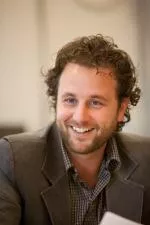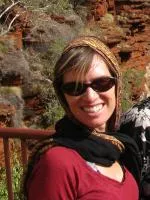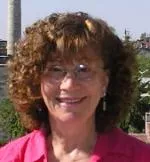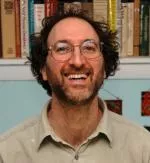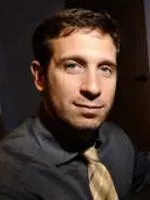
Brain Bases of Deception: Why We Probably Will Never Have a Perfect Lie Detector
Stephen M. Kosslyn, Dean of Social Science and John Lindsley Professor of Psychology at Harvard University and Associate Psychologist in the Department of Neurology at the Massachusetts General Hospital
Monday, January 11, 12:30 pm
Berkman Center, 23 Everett Street, second floor
RSVP required for those attending in person (kglemaud@cyber.harvard.edu)
This event will be webcast live at 12:30 pm ET and archived on our site shortly after.
This talk is part of The Psychology and Economics of Trust and Honesty speaker series, led by Berkman Fellow Judith Donath and hosted by the Berkman Center for Internet & Society’s Law Lab. For more related to Kosslyn's talk, see this page.
Different brain systems are used when one produces lies in different ways, such as by fabricating lies spontaneously "on the fly" versus fabricating them on the basis of a previously memorized story. This discovery indicates that there is no single "lie center" in the brain, and makes it unlikely that a single neural pattern of activation can distinguish deception from telling the truth.
About Stephen
Stephen M. Kosslyn is Dean of Social Science and John Lindsley Professor of Psychology at Harvard University and Associate Psychologist in the Department of Neurology at the Massachusetts General Hospital. He received a B.A. from UCLA and a Ph.D. from Stanford University, both in psychology. His original graduate training was in Cognitive Science, which focused on the intersection of cognitive psychology and Artificial Intelligence. Faced with limitations in those approaches, he eventually turned to study the brain, and is one of the founders of the field of Cognitive Neuroscience. His research has focused primarily on the nature of visual mental imagery, visual perception, and visual communication, and he has authored or coauthored 11 books and over 300 papers on these topics. Kosslyn has received the American Psychological Association's Boyd R. McCandless Young Scientist Award, the National Academy of Sciences Initiatives in Research Award, the Cattell Award, a Guggenheim Fellowship, the J-L. Signoret Prize (France), an honorary Doctorate of Science from the University of Caen (France), and has been elected to Academia Rodinensis pro Remediatione (Switzerland), the Society of Experimental Psychologists, and the American Academy of Arts and Sciences.
Links
You might also like
- communityPIT in Action: Climate
